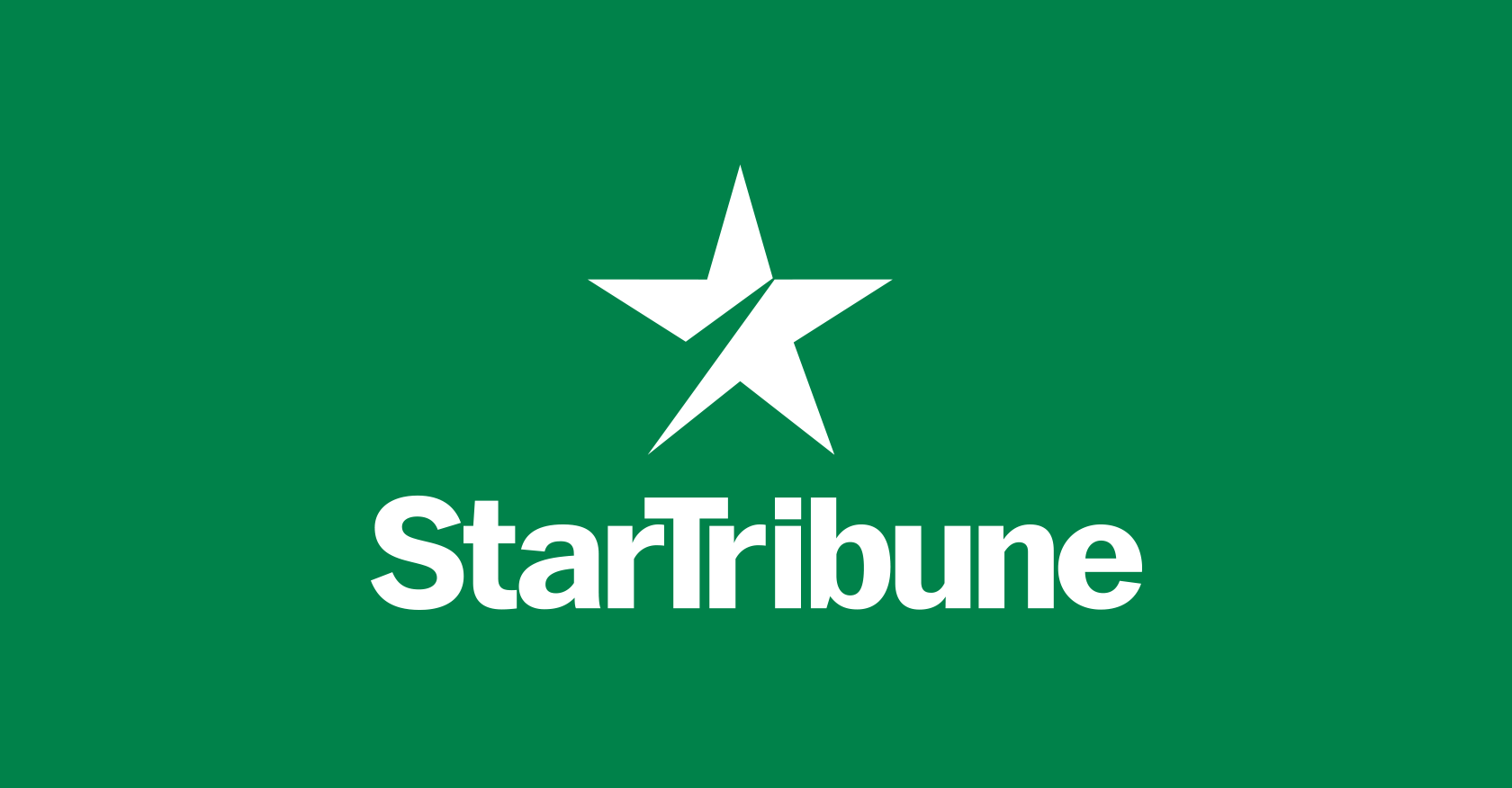
LAGOS, Nigeria — Doctors in Nigeria's government hospitals have suspended a two-month strike for payment of salaries owed to many and improved working conditions.
The resident doctors, the mainstay of health care at government hospitals throughout the West African country, said they will resume work Wednesday after they "achieved some positive results" in talks with the government, Dr. Dare Ishaya, president of the National Association of Resident Doctors, told The Associated Press Monday.
Although members owed salary arrears are beginning to get paid, some key demands that led to the strike have still not been addressed, said Ishaya. The outstanding demands include salary shortfalls and arrears, some owed for more than a year, failure to increase the 5,000 naira ($12) monthly health hazard allowance last reviewed in 1991, and failure of some states to implement the monthly national minimum wage of 30,000 naira ($73) for the resident doctors.
However, even with their grievances not fully addressed, the doctors have decided to return to work because, "the masses are bearing the brunt" of the strike amid Nigeria's battle with the third wave of the pandemic, Ishaya said. "About 20 of our colleagues died as a result of the pandemic," he added.
On Aug. 3, the resident doctors in Nigeria, Africa's most populous nation with 206 million people, embarked on their fourth strike since the pandemic began, leaving government-run hospitals and COVID-19 treatment centers short-staffed. The doctors' organization has 16,000 members, according to its immediate past president, making it one of the largest single groups in Nigeria's health sector.
The doctors have also urged the government to improve working conditions in hospitals and to provide adequate funding for the health sector. Nigeria's minister of health has not yet responded to all the doctors' demands but the problem of poor funding is not new in the health sector.
According to budget documents reviewed by AP, Nigeria's public health sector has not been sufficiently funded for years despite the country having one of Africa's biggest economies.
In 2021, for instance, funding for the Federal Ministry of Health was only 4% of the entire national budget, or 549.8 billion naira ($1.34 billion). An additional 70.2 billion naira ($171.6 million) was provided because of the pandemic but that allocation is still considerably lower than the African Union's recommendation that governments increase health care spending by 15% during the pandemic.
Previous dialogues between the doctors and Nigeria's federal government to address the challenges facing the health sector have collapsed and authorities have gone as far as threatening to replace the striking doctors if they do not resume work.
On Sept. 17, a court granted an application filed by the government which ordered the doctors to call off the strike, and both parties continue to negotiate even as the case is still in court. The doctors rejected the court ruling and the government's posture in addressing issues raised.
"If we had sat on the table and agreed on these things from the beginning, the strike would not have reached even a week," Ishaya told AP.
"strike" - Google News
October 04, 2021 at 07:30PM
https://ift.tt/3iyaYMa
Nigerian doctors call off 2-month strike despite pay arrears - Minneapolis Star Tribune
"strike" - Google News
https://ift.tt/2WheuPk
https://ift.tt/2VWImBB
Bagikan Berita Ini














0 Response to "Nigerian doctors call off 2-month strike despite pay arrears - Minneapolis Star Tribune"
Post a Comment